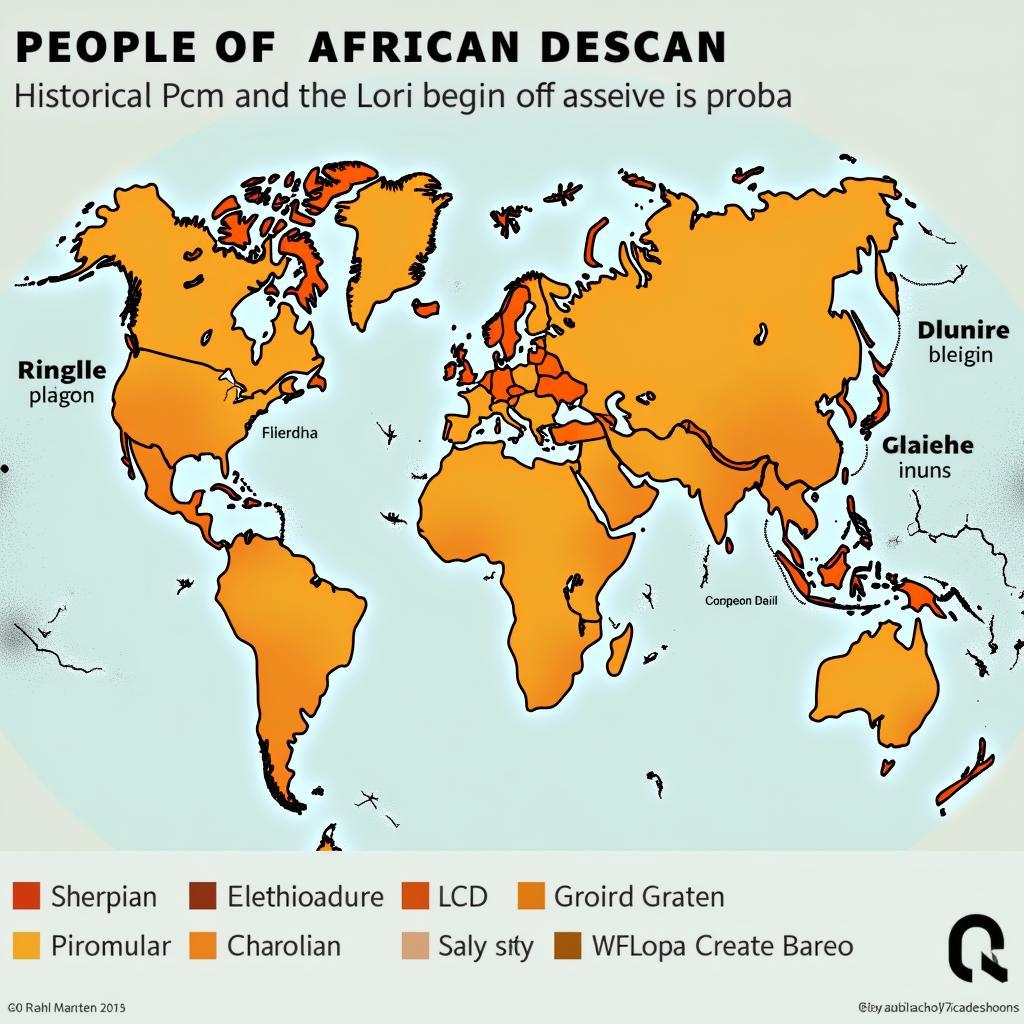Understanding African Horse Sickness
African Horse Sickness (AHS) is a viral disease that poses a significant threat to equid populations across Africa and beyond. This devastating illness, transmitted by biting midges, can lead to high mortality rates in affected horses, donkeys, and mules. Understanding the nature of this disease, its transmission, and preventive measures is crucial for protecting these valuable animals. Read on to learn more about African horse sickness and how we can combat its spread.
African horse sickness primarily affects horses, but donkeys and mules are also susceptible, often displaying milder forms of the disease. The virus responsible for AHS belongs to the Orbivirus genus within the Reoviridae family. The disease is characterized by various clinical forms, ranging from mild fever to severe pulmonary edema and cardiac failure. The economic impact of AHS can be substantial, particularly in regions where horses play a vital role in agriculture, transportation, and cultural practices. For further information, check out this article on african hors sickness.
What Causes African Horse Sickness?
AHS is caused by the African horse sickness virus, transmitted through the bites of infected Culicoides midges. These small insects thrive in warm, humid climates, and outbreaks of AHS are often associated with periods of high rainfall and abundant vegetation. The virus does not spread directly from horse to horse. Environmental factors, like standing water and dense vegetation, contribute to midge breeding and increase the risk of AHS transmission.
Symptoms and Clinical Forms of African Horse Sickness
African horse sickness manifests in various forms, each with its own set of characteristic symptoms. The four main forms of AHS are the pulmonary form (most severe), the cardiac form, the mixed form, and the horse sickness fever. The pulmonary form is characterized by rapid onset of respiratory distress, including coughing, difficulty breathing, and frothy nasal discharge. The cardiac form presents with swelling around the eyes and head, along with signs of heart failure. The mixed form combines symptoms of both pulmonary and cardiac forms. Horse sickness fever, the mildest form, typically causes only a transient fever. The severity of the disease depends on various factors, including the viral strain, the individual animal’s immune system, and access to supportive care. You can find more details about the virus on african horse sickness virus wiki.
How is African Horse Sickness Diagnosed?
Diagnosing AHS requires a combination of clinical observation and laboratory testing. Veterinarians will examine the animal for characteristic symptoms and collect samples for laboratory analysis. Diagnostic tests, such as PCR and ELISA, are used to confirm the presence of the virus in blood or tissue samples. Early diagnosis is essential to implement appropriate control measures and minimize the spread of the disease.
Preventing African Horse Sickness: Vaccination and Vector Control
Preventing AHS relies heavily on effective vaccination and vector control strategies. Several vaccines are available, offering varying levels of protection against different AHS serotypes. Vaccination programs should be tailored to the specific epidemiological situation in each region, taking into consideration the prevalent serotypes and the risk of outbreaks. Vector control measures aim to reduce midge populations and minimize their contact with equids. These measures can include using insecticides, stable netting, and eliminating breeding sites around stables. For more information about the disease, see african horse sickness oie.
What are the treatment options for African Horse Sickness?
Unfortunately, there is no specific treatment for AHS. Supportive care, such as fluid therapy and anti-inflammatory medication, can help alleviate symptoms and improve the animal’s chances of survival. Early detection and prompt veterinary intervention are crucial to managing the disease and preventing complications.
Dr. Anika Patel, a leading veterinary epidemiologist specializing in equine diseases in Africa, states, “AHS continues to be a significant challenge, but with diligent vaccination and vector control strategies, we can minimize its impact and protect vulnerable horse populations.”
Living with African Horse Sickness: Managing the Risk
Living in areas where AHS is endemic requires constant vigilance and proactive measures. Horse owners should work closely with veterinarians to develop and implement comprehensive biosecurity plans. These plans should include regular vaccination, vector control measures, and strict quarantine protocols for newly introduced animals. Staying informed about AHS outbreaks and following recommended guidelines is essential for managing the risk and protecting equids. Explore further about the specific symptom african horse sfever swelling of the suraorbital fossa. Another resource about the animal susceptible to this sickness is available at african horse sikness animal.
In conclusion, African horse sickness remains a serious threat to equine populations, but through proactive measures such as vaccination and vector control, we can effectively manage the risk and mitigate its impact. By working together and staying informed, we can protect these valuable animals and ensure their well-being.
FAQ
- What is the most severe form of African horse sickness? The pulmonary form.
- How is African horse sickness transmitted? Through the bites of infected Culicoides midges.
- Is there a cure for African horse sickness? No, only supportive care is available.
- How can I protect my horse from African horse sickness? Vaccination and vector control are key.
- What are the symptoms of the cardiac form of AHS? Swelling around the eyes and head, signs of heart failure.
- Can humans contract African horse sickness? No, AHS is not transmissible to humans.
- What is the role of environmental factors in AHS transmission? Standing water and dense vegetation facilitate midge breeding.
Do you have other questions regarding Animal health? We have a rich library of resources you might find helpful. Explore related articles on our website.
When you need assistance, contact us via Phone: +255768904061, Email: kaka.mag@gmail.com or visit our address: Mbarali DC Mawindi, Kangaga, Tanzania. We have a 24/7 customer service team.


